What Are Vitamins, And Why Do You Need Them?
You must have heard many times how important vitamins are for your body. You also might have encountered varied over-the-counter vitamins supplements that come in different flavors to suit your taste buds. Having said this, one can very well decipher that vitamins are the essential nutrients for a human body. But, do you know why?
Here’s a know-all of the vitamins vital for optimal health, and why are they considered so important.
What are Vitamins?
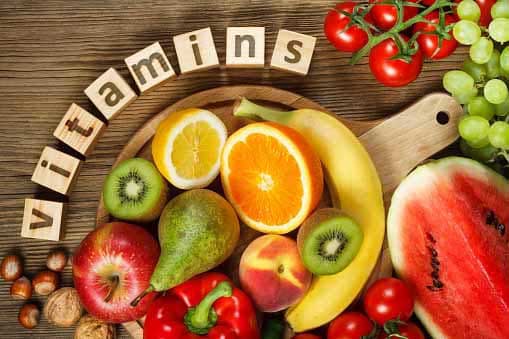
Vitamins are the natural substances found in plants and animals. So, the best way to get enough vitamins is to eat a balanced diet comprising a variety of foods. Vitamins are crucial for healthy living as they perform essential body functions like energy production, production of blood cells, reproduction, and neurological functions.
Types of Vitamins
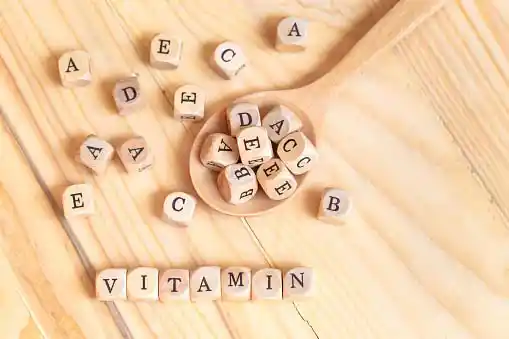
There are 13 types of vitamins your body needs. These are – Vitamins A, C, D, E, K, and the B vitamins (thiamine, riboflavin, niacin, pantothenic acid, vitamin B6, biotin, vitamin B12, and folic acid).
These 13 vitamins are either fat-soluble vitamins or water-soluble vitamins.
Vitamin A
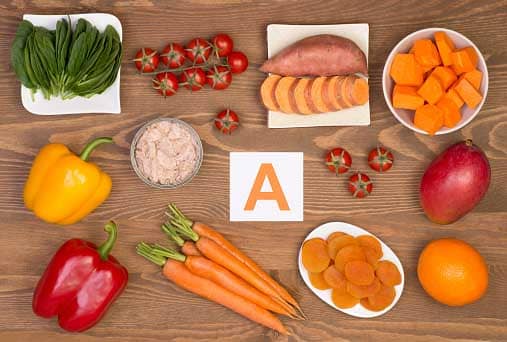
It is a fat-soluble vitamin. It occurs naturally in the form of carotene from plant sources and as retinol from animal sources. Vitamin A is essential for normal maintenance and function of body tissues, cellular integrity, vision, immunity, and growth.
- Deficiency of vitamin A causes night blindness, corneal ulcers, and conjunctival dryness. It may also lead to dry and scaly skin.
- Animal sources of vitamin A are cod liver oil, shark liver oil, liver, butter, ghee, and white part of the eggs.
- Plant sources of vitamin A are carrots, green leafy vegetables, pumpkins, mangoes, oranges, papaya, etc.
Vitamin C
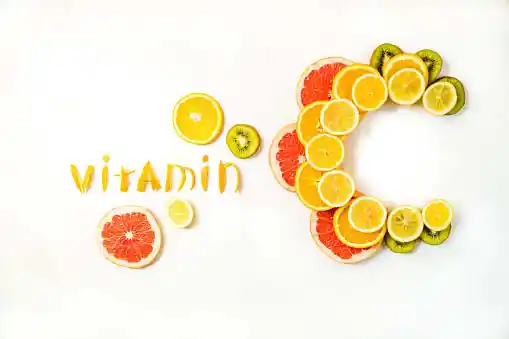
Also called ascorbic acid, it is a water-soluble vitamin. Vitamin C is essential for the formation of collagen and in development of teeth, healthy muscles, skin, bones, and cartilage. It plays an important part in the formation of many hormones and neurotransmitters. Vitamin C helps form red blood cells which aid in preventing hemorrhaging and speeds up the healing of wounds. It is also essential for healthy functioning of the immune system and the adrenal glands, which helps our bodies react to stress.
- Deficiency of vitamin C (if severe) may cause scurvy, which is characterized by pain in bones.
- Sources of vitamin C are citrus fruit like oranges, sweet lime, and vegetables such as tomatoes, cabbage, leafy greens, and sprouts.
Vitamin D
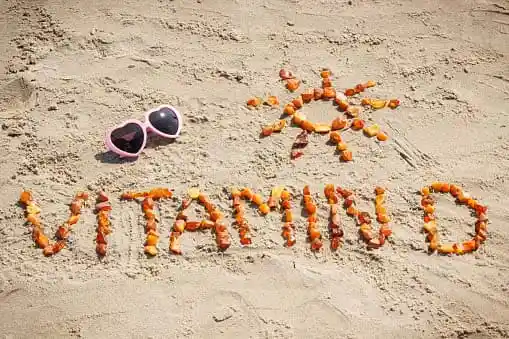
A fat-soluble vitamin, it occurs naturally in the form of ergocalciferol from plant sources and as cholecalciferol from animal sources. Vitamin D helps in the absorption of calcium and phosphorous in the intestines. It also helps in bone mineralization.
- Deficiency of vitamin D causes rickets and delayed growth.
- Sources of Vitamin D are sunlight (main source), fish, liver, cod liver oil, egg yolk, and butter.
Vitamin E
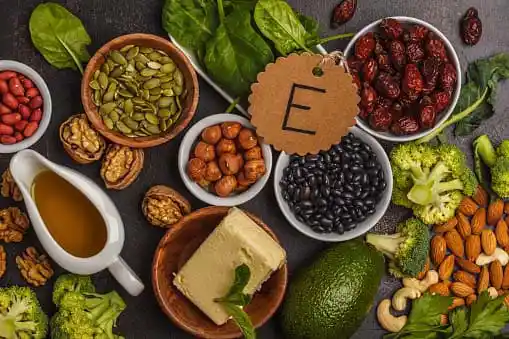
Vitamin E (chemical name - tocopherol) is a fat-soluble vitamin that acts as an antioxidant. It protects membrane phospholipids from free radical-induced damage. It has anticancer effects.
- Deficiency of vitamin E is unusual, but it can cause hemolytic anemia in infants, as they are vulnerable.
- Sources of vitamin E are nuts, whole wheat grains, avocado, milk, and vegetable oils.
Vitamin K
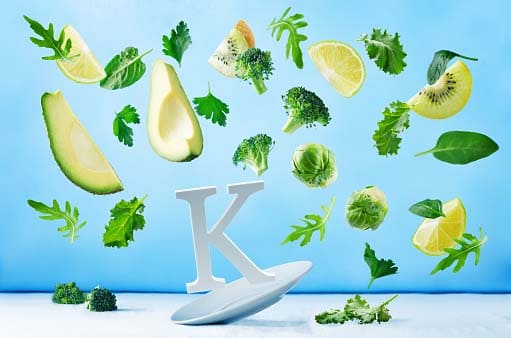
Its chemical name is phylloquinone, and it is a fat-soluble vitamin. Vitamin K is responsible for regulating blood calcium levels and plays a crucial role in helping blood clot. It is needed for the generation of several blood clotting factors in the liver and helps in the formation of prothrombin which is helpful in blood clotting.
- Deficiency of Vitamin K is uncommon, but in the case of severe malnutrition, or Crohn’s disease, the risk factor is high. Its deficiency in such cases leads to coagulation defects.
- Sources of vitamin K are green vegetables (spinach, broccoli, parsley, and asparagus), liver, and legumes.
Vitamin B
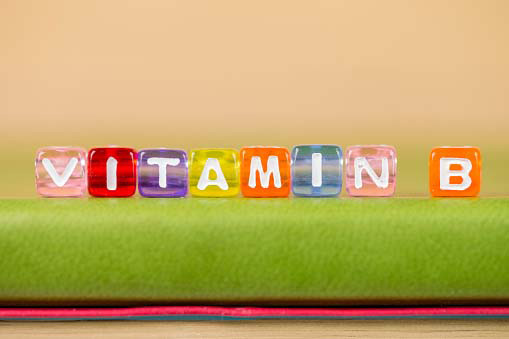
This is a group of 8 vitamins which are water-soluble. It means that these B vitamins are flushed out of the body every day, and thus need to be replenished daily. This B vitamin group comprises B1 (thiamine), B2 (riboflavin), B3 (niacin), B5 (pantothenic acid), B6 (pyridoxine), B7 (biotin), B9 (folic acid), and B12 (cobalamin).
Vitamin B complex group functions in the manner as follows:
- Important for the nerve conduction.
- Help in metabolism, synthesis of glycogen, and in development of red blood cells.
- Vital for cell growth and help in respiration of cells.
- Help in the normal functioning of the intestinal tract and nervous system.
- Deficiency of vitamin B can cause anemia, dermatitis, and paresthesia.
- Sources of vitamin B are whole grain cereals, sunflower seeds, nuts, pulses, meat, fish, green leafy vegetables, liver, eggs, milk, baker’s yeast etc.
The fast-paced life today that fills our platter with processed or chemically treated foods mostly makes it difficult for us to rely solely on our diet. This makes ‘balanced diet’ more or less a fancy term that is far from the truth. So, in order to keep your body cells up and running, know your vitamin requirements and speak with your physician whenever in doubt.
For any queries related to vitamins and minerals, you can consult an Internal Medicine Specialist at www.healthcaremagic.com
Ask a Specialist
Recent Questions


